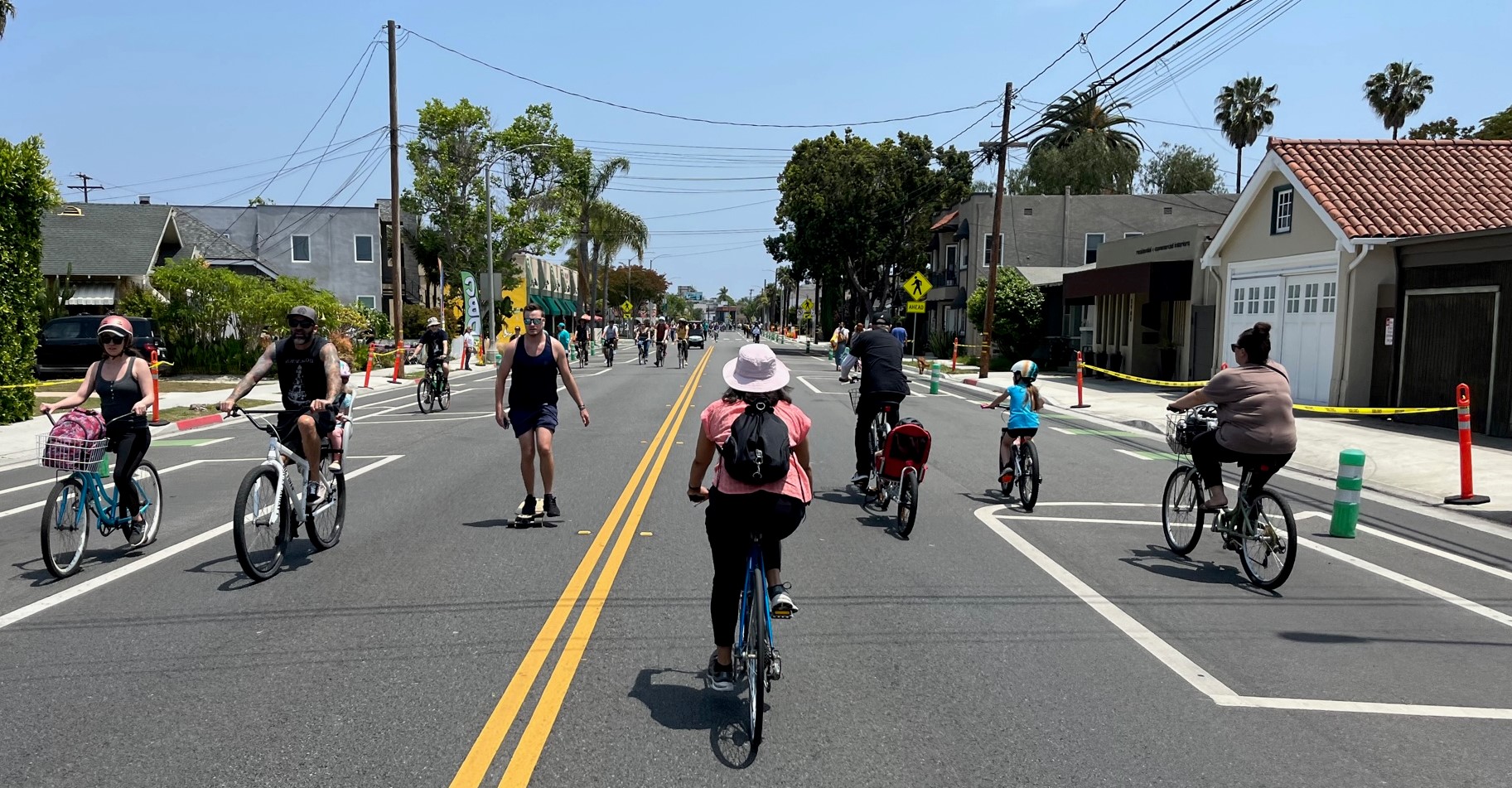There’s a reason that “Open Streets” events, planned and programmed road closures that range from smallish block parties to miles of car-free avenues through the heart of the city, are uncommon in San Diego, the Bay Area, and other diverse population centers: outside of Los Angeles County, there is little to no public financial support for these inspiring and exciting happenings.
In 2013, in a forward-thinking vote, the Metro Board of Directors created an Open Streets Program with $4 million in seed funding. Now in its fifth cycle, the program is largely responsible for the growth of CicLAvia, Beach Streets, and similar events in the region, inspired by Latin America’s “ciclovías.” Beloved by local families and Angelenos from all walks of life, these family-friendly experiences provide the public with a fleeting snapshot of what a more sustainable, multi-modal Southern California could look like.
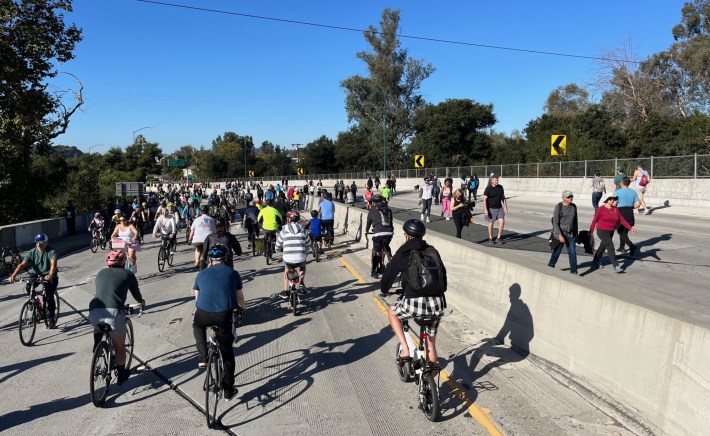
However, after a decade of funding dozens of successful events, Metro staff is recommending that proposers make do with 30-40% less funding over the next two years (accounting for inflation). Transformative events like ArroyoFest, which closed the 110 Freeway to cars from the 5 in Lincoln Heights to its end in Pasadena, or the inaugural eight-city 18-mile 626 Golden Streets event in 2017, require substantial financial resources to come to life. Traffic control equipment and staff, special event insurance, public safety personnel, permitting, rentals, day-of staffing, and other necessities quickly add up, none of which have been immune to rising costs.
Previously, public agencies required $2 million in liability insurance coverage; now the requirement is $5 to $10 million. The threat of mass shootings and other terrorism at major events has resulted in the need for more public safety staff and more robust traffic control equipment. Organizers now employ water-filled K-rail and other heavy barricades to reduce the risk of someone using an automobile as a weapon. These new costs mean the price of producing Open Streets events is higher than ever.
626 Golden Streets: ArroyoFest was named Best Event of the Year, period, in Southern California by at least one local media outlet, and received impressive coverage in others, including the Los Angeles Times. The event took five years to bring to life. ActiveSGV staff had to navigate countless permitting challenges, a global pandemic, two applications for funding, and oh-so-many-obstacles to open the historic parkway to the walking, biking, rolling, and even road running public for only the second time ever. The event would not have been possible without the early leadership and endorsement of the city of South Pasadena - which submitted the first application to Metro to stage the event - and later the San Gabriel Valley Council of Governments, which applied to Metro after the pandemic forced the cancellation of all major public events (non-profit organizations are not permitted to apply to Metro’s program on their own).
ArroyoFest would not have happened without $500,000 from the Metro Open Streets program. Can it be restaged for $400,000 in 2026? Can corporate sponsorship make up the difference as some suggest? Not by ActiveSGV, its nonprofit chief organizer. Our experience has been that private sponsorship remains at half of pre-pandemic levels, well below the six-digit cost cutting recommended by Metro staff. Key takeaways from ArroyoFest 2023 included the need for additional public safety staffing, a longer event than just four hours, and lots more signage, all of which require more funding, not less.
The value of Open Streets has never been greater.
Californians need to drive less to reach our climate, air quality, and health goals. Encouraging our neighbors to walk, bike, and ride transit via welcoming community festivals is exactly the type of marketing that Metro should do more, along with investments in protected bikeways, dedicated bus lanes, and safer street crossings. After a decade, Metro should be sponsoring about one Open Streets event a month, highlighting the county’s rich diversity and its expanding and improving public transit system. The level of continued investment required to reach this goal – just $2-3 million per year above where it is now – is peanuts to an agency that routinely approves cost overruns for highway projects in the tens of millions.
If Metro wishes to make safe, fun, and ultimately transformative Open Streets events possible, the Board should commit to adequately funding this successful, beloved program.
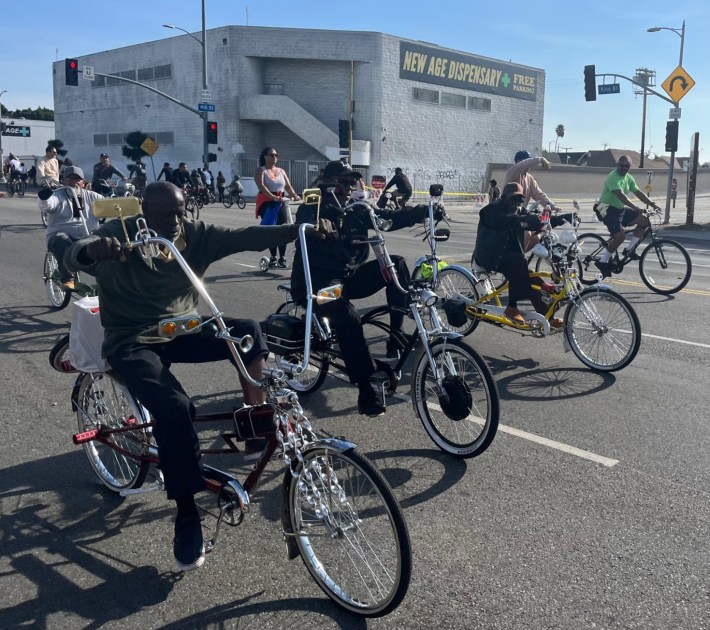
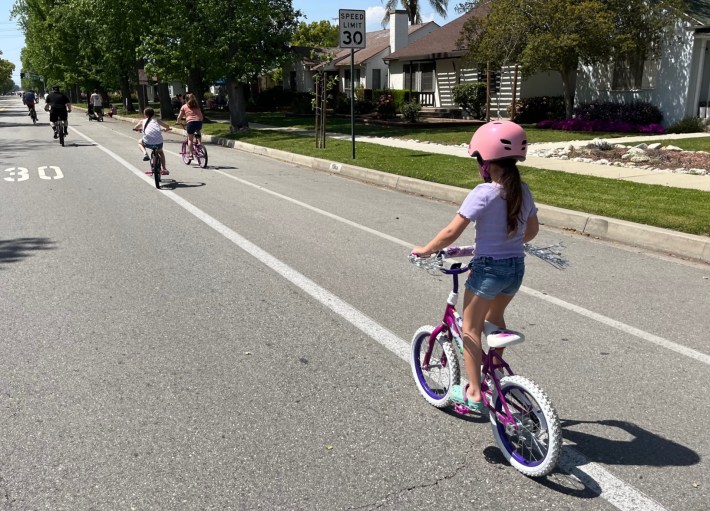
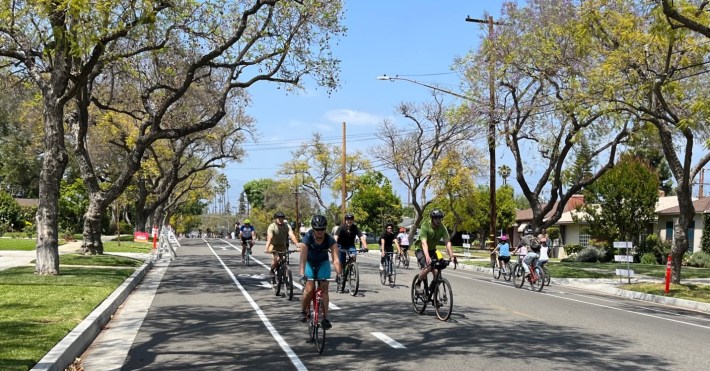
Wesley Reutimann is Special Programs Director and co-founder of the Pasadena Complete Streets Coalition and ActiveSGV, a community-based, non-profit organization committed to realizing a more sustainable, equitable, and livable San Gabriel Valley. Wesley has over a decade of experience in the non-profit, public health, and government sectors, with a specific focus on the built environment, sustainability, and healthy communities.
